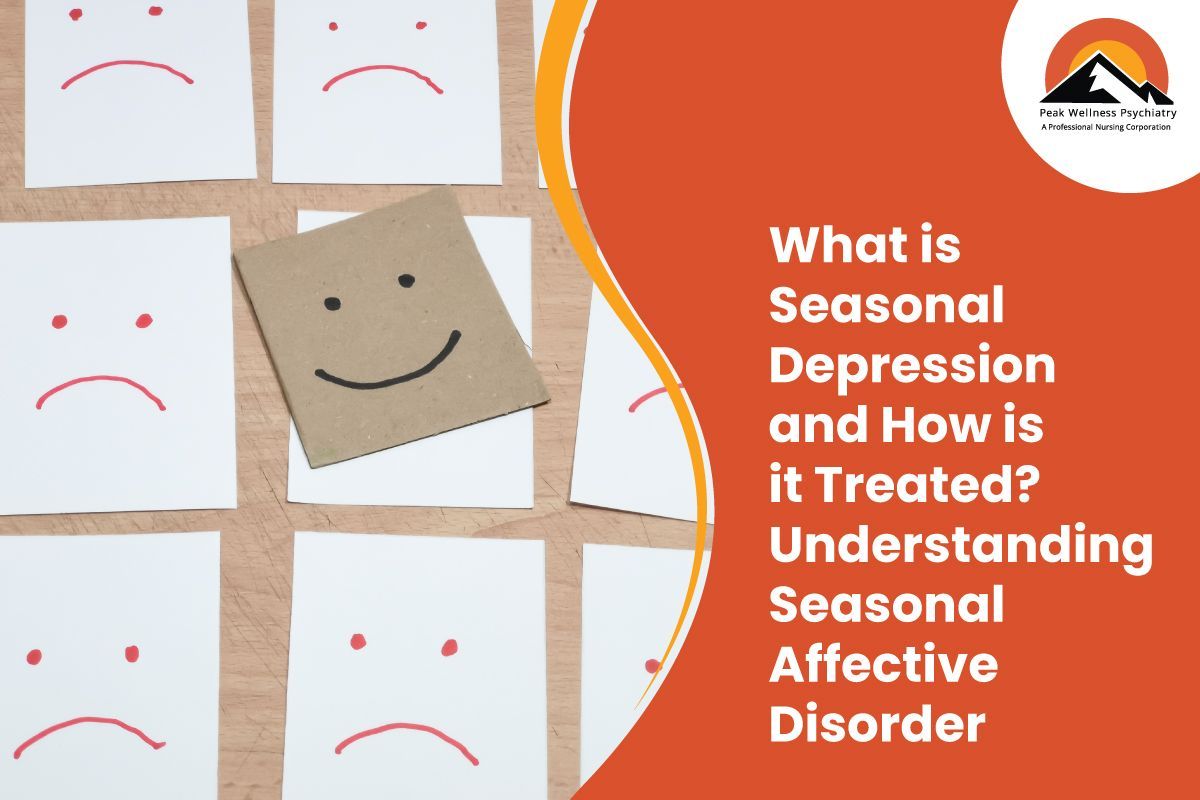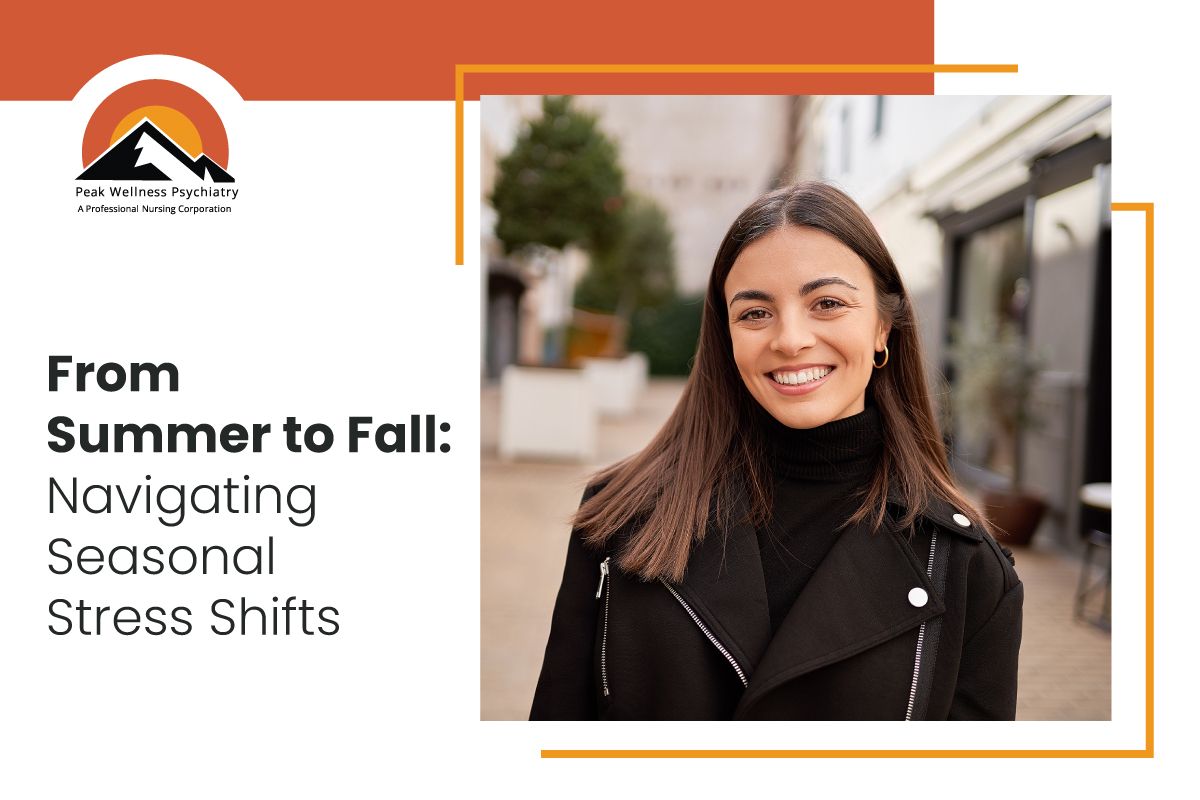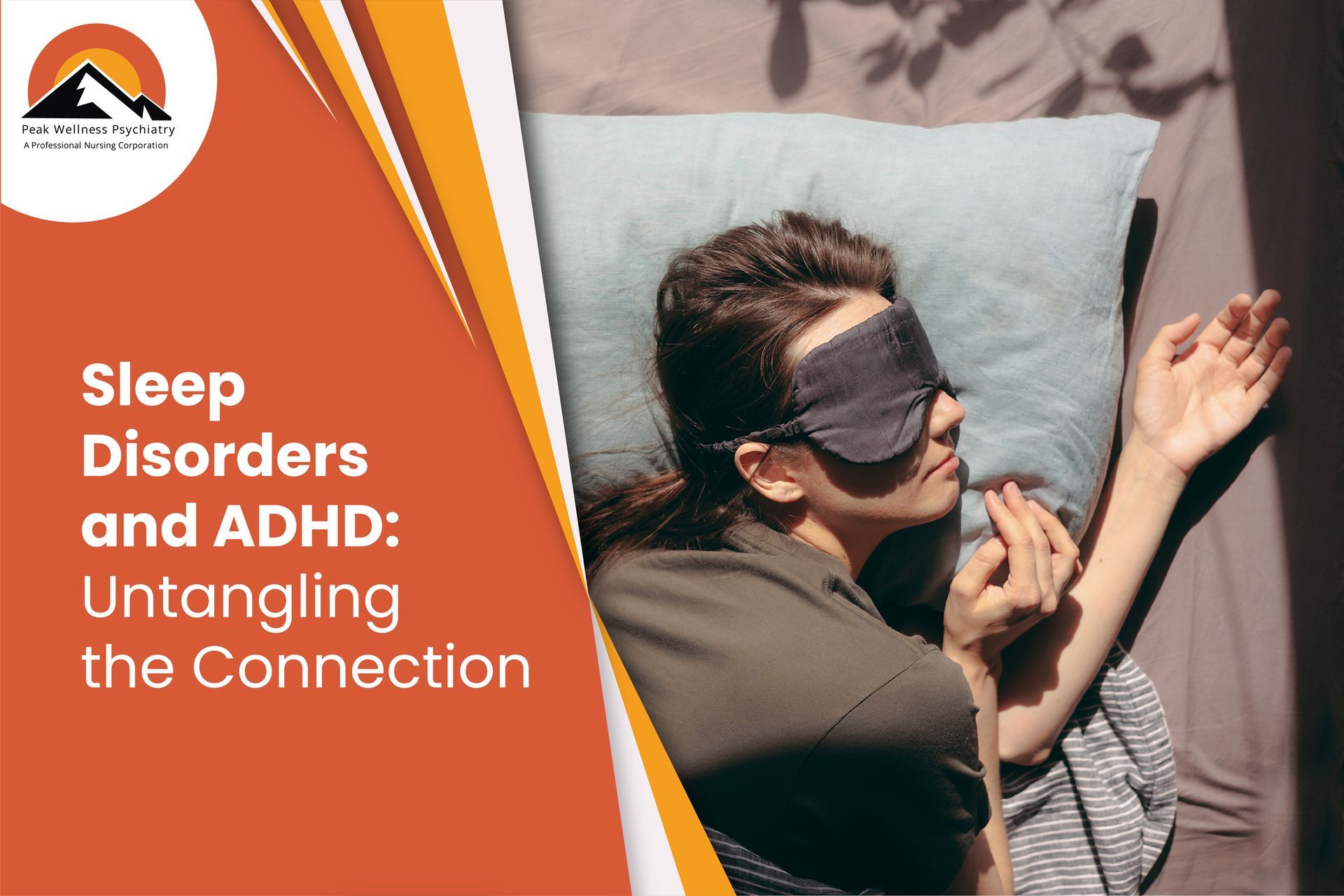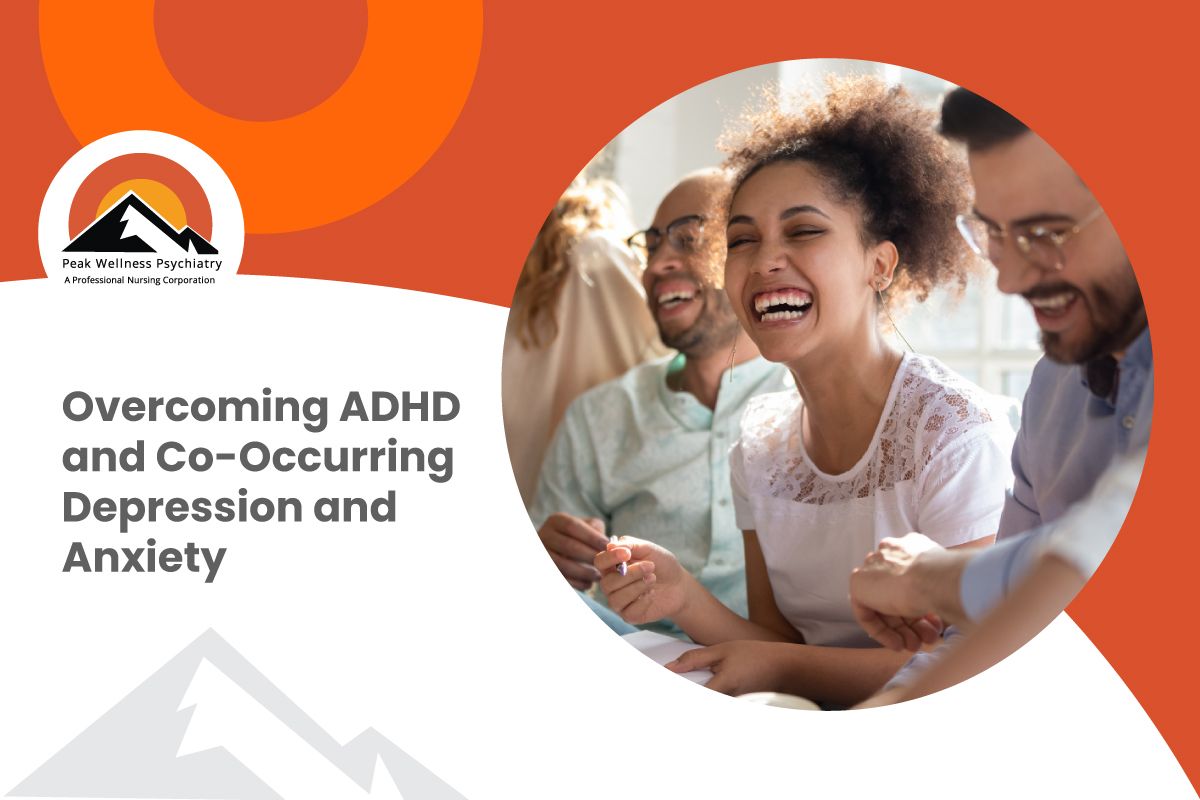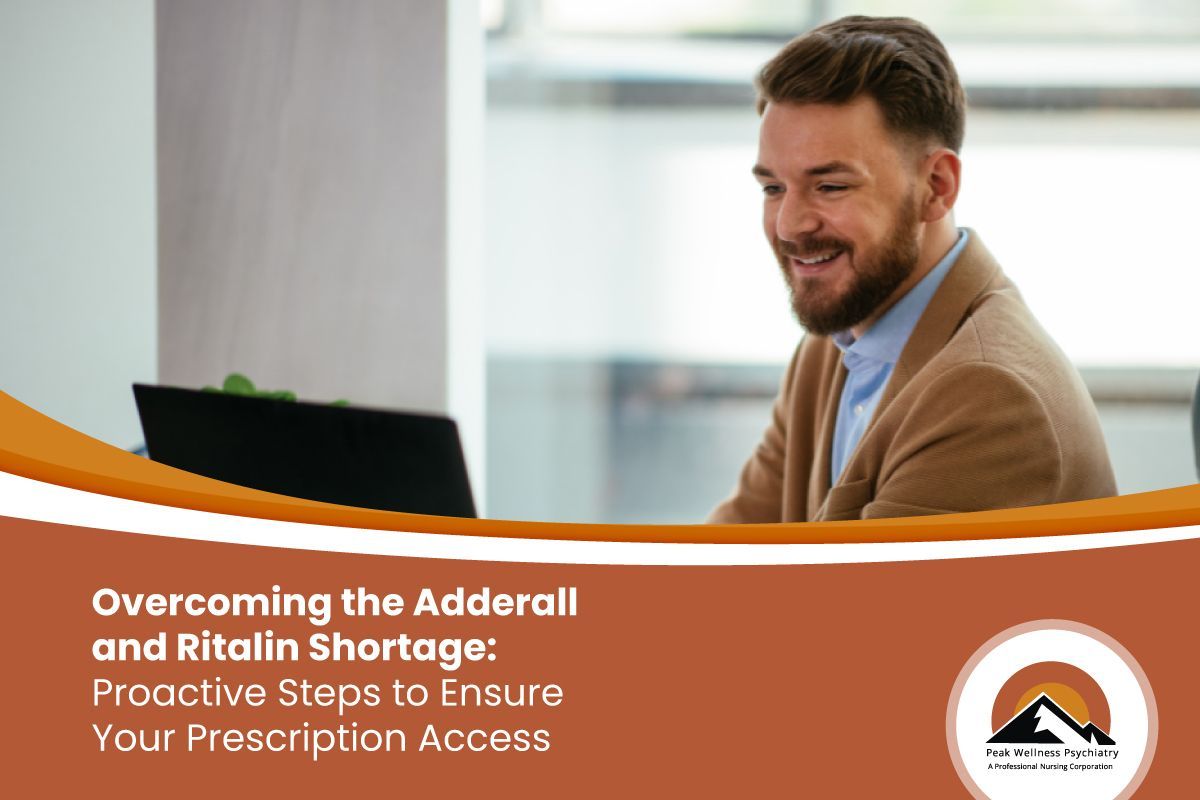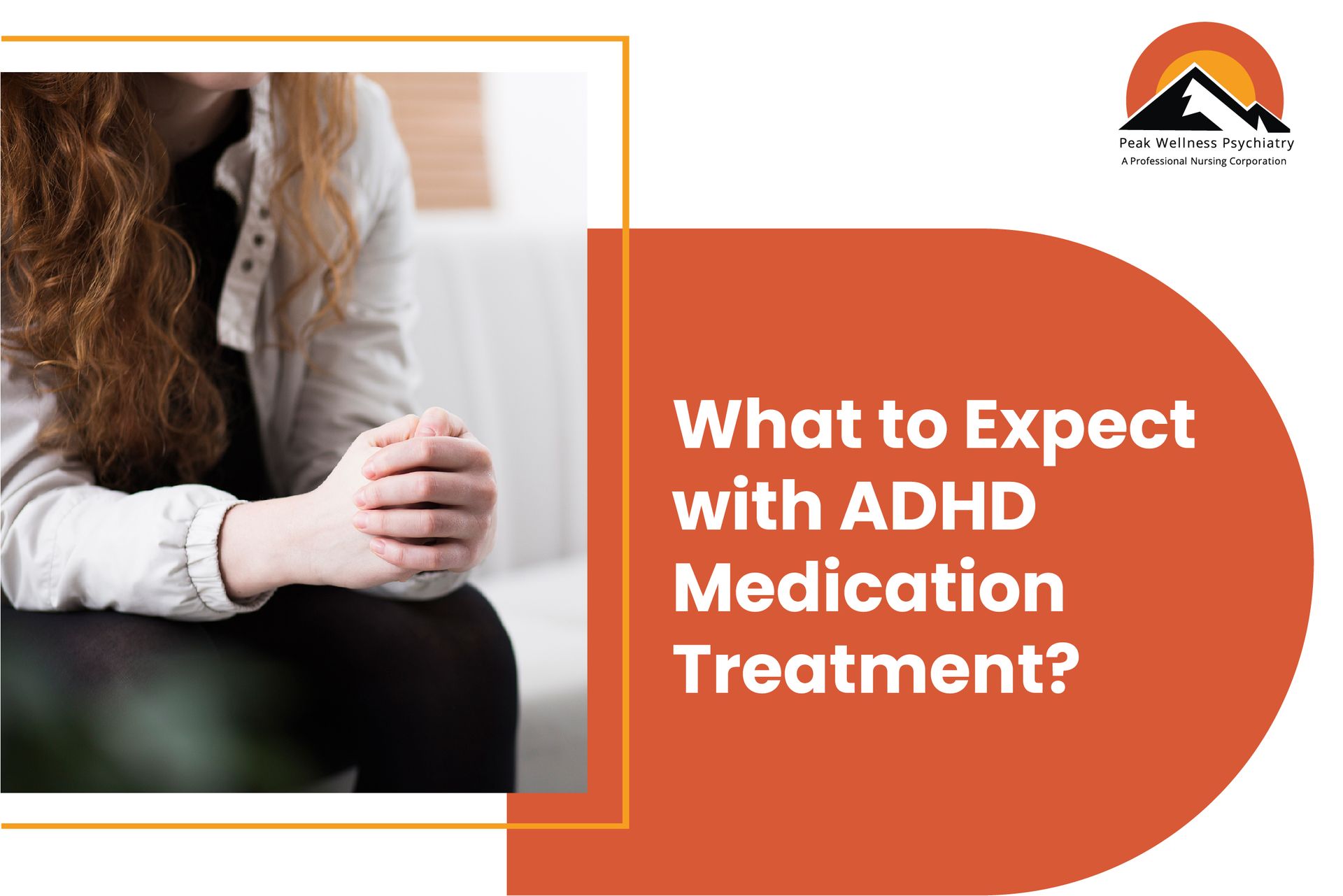Anxiety and Sleep: Tips for Improving Rest and Reducing Nighttime Worries

In our fast-paced world, sleep often suffers because of daily stress. Adding sleep anxiety to the equation can result in a vicious cycle of restlessness, worry, and daytime exhaustion.
Whether you suffer from a rush of anxiety when falling asleep or frequently wake up feeling anxious, it helps to know your way around this problem and explore ways to address it in the healthiest way possible.
Discover what sleep anxiety is; identify its signs, the consequences, and the multiple ways to handle stress and sleep for anxiety-free nights.
What Is Sleep Anxiety?
Anxiety, stress, and sleep are closely related. According to research, many people who suffer from mental health disorders find falling or staying asleep difficult. In fact, anxiety-related sleep issues are so prevalent that many find themselves trapped in a cycle where anxiety disrupts their sleep and the pressure to get enough sleep worsens their anxiety. Anxiety can directly lead to insomnia or other sleep disorders in these instances.
Sleep anxiety refers to anxious feelings that revolve around sleeping. It could be the fear of not getting enough rest or the apprehension of what might happen once you close your eyes. As a result, sleeping with anxiety becomes a daily struggle, compromising the recommended time for rest and recuperation.
Additionally, insufficient rest can amplify our body's stress response, which exacerbates anxiety. This results in an awful, self-perpetuating condition: anxiety leads to sleep problems and increased anxiety.
Signs That Anxiety Is Affecting Your Sleep
Identifying that you are suffering from sleep anxiety is the first step toward addressing the issue. Common signs of sleep anxiety include:
- Waking up multiple times during the night
- Experiencing nightmares or panic attacks during sleep
- Taking a long time to fall asleep because of racing thoughts
- Having an increasing sense of dread as bedtime approaches
- Experiencing physical symptoms such as muscle tension, a pounding heart, or stomach distress as you try to sleep
- Having a constant preoccupation with how to sleep with anxiety that results in further stress and sleep disruption
Consequences of Poor Sleep Due to Anxiety
When anxiety-induced sleep disturbances persist, they cause mental and physical problems that further complicate our day-to-day lives. The following are the adverse effects of lack of sleep caused by anxiety:
- Cognitive challenges: Chronic sleep deprivation affects the brain's ability to process information, make decisions, and solve problems. Memory can also take a hit, making day-to-day tasks daunting.
- Mood disorders: Apart from heightened anxiety, poor sleep can increase the risk of depression, irritability, and mood swings.
- Physical health impact: Consistent lack of sleep weakens the immune system, making one susceptible to illnesses. It can also lead to chronic conditions like diabetes, obesity, and heart disease.
- Reduced coping ability: Sleep deprivation can diminish our capacity to cope with stressors, making even minor challenges feel insurmountable.
- Strain on relationships: Chronic fatigue and irritability can negatively affect personal and professional relationships, as one may become more reactive or less empathetic.
- Decreased productivity and motivation: A tired mind and body can sap motivation, leading to procrastination and decreased efficiency in personal and work tasks.
How to Get Rid of Bad Anxiety at Night
Breaking the cycle of sleep anxiety requires a multifaceted approach. Follow these steps to deal with sleep anxiety:
1. Establish a Bedtime Routine
Consistency is key. By establishing and maintaining a consistent bedtime routine, your body and mind recognize signals that it's time to wind down. This step can include reading a calming book, listening to soothing music, or practicing gentle stretches.
2. Limit Stimulants and Alcohol
One way to sleep better with anxiety is to pay attention to what you eat and drink. What you consume can significantly influence your sleep. It's wise to avoid caffeine, which is present in coffee, certain teas, and chocolate, especially later in the day. Likewise, heavy or spicy meals might cause discomfort and indigestion that can disrupt sleep. Alcohol, while it initially makes you feel drowsy, can interrupt your sleep cycle.
3. Drink Herbal Teas or Supplements
Certain herbal teas like chamomile, valerian root, and lemon balm promote relaxation. If you're considering taking supplements like melatonin, consult a healthcare professional beforehand.
4. Optimize Your Sleep Environment
Make your bedroom a sleep sanctuary. This step involves using blackout curtains to ensure the room is dark, keeping it cool with adequate ventilation, and minimizing noise. Use earplugs, eye masks, or white noise machines to create your ideal, sleep-inducing environment.
5. Practice Relaxation Techniques
Relaxation techniques, including deep breathing exercises, progressive muscle relaxation, and guided imagery, can reduce anxiety. Deep, controlled breathing can signal your body to relax by activating the parasympathetic nervous system. One popular method is the 4-7-8 technique, in which you inhale for 4 seconds, hold for 7 seconds, and exhale for eight seconds.
Also, consider listening to guided sleep meditations. The gentle guidance of a calming voice through visualization or relaxation techniques can redirect the mind away from anxious thoughts, paving the way for deep, restorative sleep.
6. Limit Screen Time
Screens emit blue light that disrupts melatonin production, a hormone that regulates sleep. So, turning off electronic devices at least an hour before bed is advisable. Instead, indulge in non-screen activities that help you relax.
7. Engage in Regular Physical Activity
When you exercise, you release endorphins, which act as natural mood elevators, lowering anxiety and allowing you to fall asleep more quickly. The body also experiences a drop in core temperature after exercise, which promotes drowsiness and improves sleep quality.
However, try not to exercise too close to bedtime as it might have the opposite effect. Vigorous exercise might produce adrenaline, making winding down more challenging.
8. Write Down Your Worries
Keeping a journal by your bedside can be beneficial. If you find your mind racing with concerns, jot them down. Journaling helps offload your worries, making it easier to let go of the day's stresses and welcome a peaceful rest.
9. Limit Naps During the Day
While short power naps can be rejuvenating, irregular or long naps during the day can negatively affect your sleep. The best time for a nap is usually mid-afternoon, around 2-3 p.m. This time is when most people experience a natural dip in energy. Napping later can interfere with nighttime sleep.
A 20-30 minute nap is often ideal. It's long enough to feel refreshed but not so long that you enter the deeper stages of sleep and risk feeling groggy afterward.
10. Seek Professional Help
If you've tried various methods and still struggle with how to sleep at night with anxiety, consider consulting a sleep specialist or a mental health specialist. Cognitive-behavioral therapy (CBT) and certain medications are effective for many people with sleep disorders and anxiety.
Sleep Anxiety Help Is Just a Few Clicks Away!
Dealing with sleep anxiety can sometimes feel isolating, but solutions are more accessible than ever before. Our online psychiatry services allow you to connect with expert psychiatric nurse practitioners for guidance and support that’s tailored to your needs. You can gain insights and advice to improve your sleep patterns without leaving home.
So, if sleep anxiety is bothering you, call
Peak Wellness Psychiatry at (888) 909-8676 or schedule through our
online form. A better night's sleep could be closer than you think.
We provide holistic online psychiatry services to patients using a mind-body-personal development approach to help you to thrive in your best self.
Peak Wellness Psychiatry | All Rights Reserved.
Any medications listed on this site do not imply that a medication nor treatment plan will be prescribed.
We provide Integrative Psychiatry Services through Telehealth to patients throughout California and Arizona regardless of your location.
Peak Wellness Psychiatry | All Rights Reserved.




